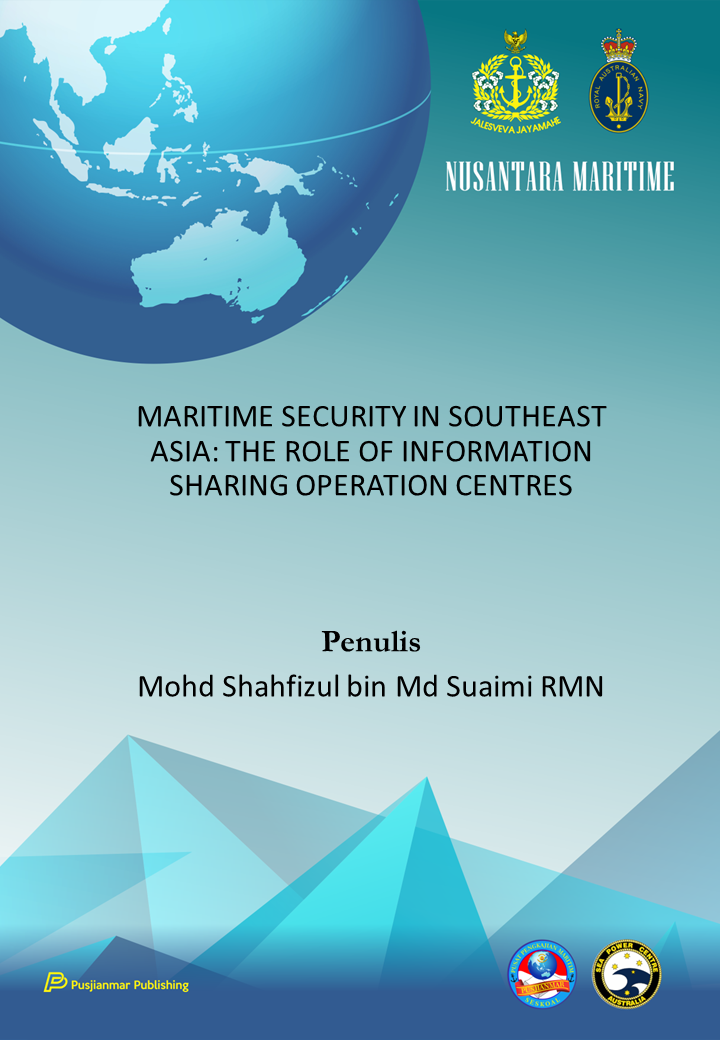Maritime Security in Southeast Asia: The Role of Information Sharing Operation Centres
Keywords:
Foreign-power rivalries, Littoral States, Alternative security framework, Coordinated patrol, Regional powerAbstract
According to study by Victor Huang, US Naval War College, in his paper entitled “Building MARSEC in SEA: Outsiders Not Welcome?”, he mentioned that, “such efforts as these have no impact on foreign-power rivalries or international law, and they demonstrate the
ability of the littoral states to police their own waters and airspace under initiatives limited in scope and purpose”.22 While according to Rahul Mishra, a senior lecturer at the Asia – Europe Institute at the University of Malaya, Malaysia, where he heads the European studies program, he mentioned that, “amid debate on initiatives such as the Quad and AUKUS, Malaysia and
Indonesia are looking for alternative security frameworks based on cooperative principles in line with ASEAN‟s aversion to notions of collective security”.23 By and large, it is the possibility for other regional power to collaborate by using the concept of “crawl, walk and run”. This may be the biggest challenges. On the other hand, these would include the initiatives to enhance the relationship in order to grows over the year from discussion or meeting, sending an observer, involvement of assets in coordinated patrol and exercise so called and perhaps, to re-look into policy for recommendations. It may or may not happen as it definitely will take
times when we are looking into opportunity of other regional power, specifically to shape a new mechanism or framework or perhaps, “TCA Plus” might be other possibilities of a new MARSEC outlook in the future, particularly in the area of Eastern Sabah and Sulu-Celebes Sea.






